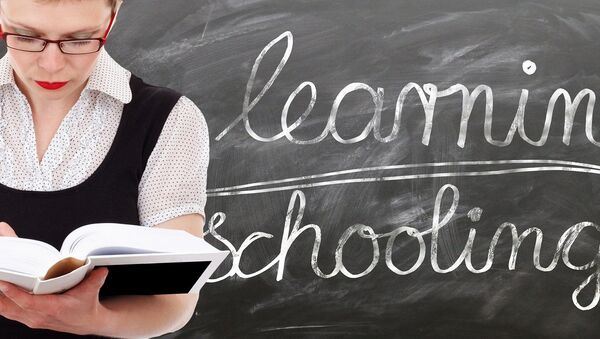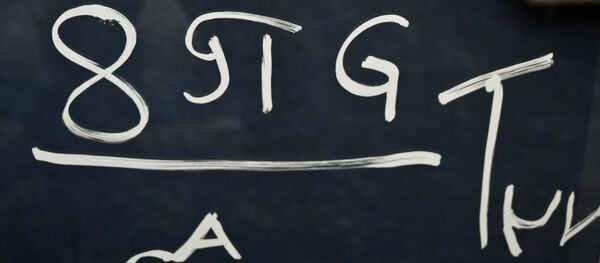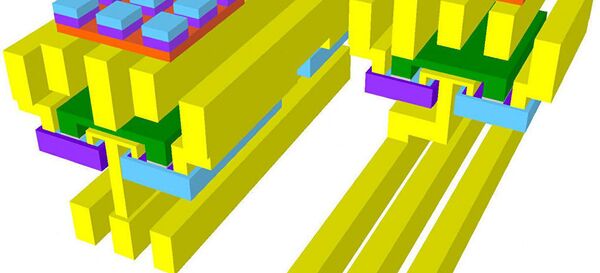Sputnik: World Education Foundation’s motto is “Building a bridge for peace through education”, what’s the precise meaning of it?
Marques Anderson: When we’re looking at education and peace, we’re looking at an educated society, is well-informed and it’s the transference of knowledge; where there’s not a lot of confusion about what is actually going on in the education space. Being able to understand different cultures, diverse backgrounds and people from different ways of thinking, it opens up doors to actually creating peace. So what we like to do is just basically move towards a place where there’s a transference of knowledge and people can actually get to peace in that aspect.
Marques Anderson: One of the things that we’d really like to focus on at the WE Foundation is bridging the gap between academia, implementation and technology by bringing companies, universities and different stakeholders in the education process together in order to make innovative ideas come to life.
Sputnik: What steps does your foundation take along the way?
Marques Anderson: One of the things that we like do is engage with people and local communities on the ground to understand what their challenges are and what they’re going through. We do that by participatory action research. So having a lot of community members be involved in the projects and in the development of the projects, then we can ultimately build up the proper solutions.
Marques Anderson: I think the physical learning space at the university is still valuable but the digital space actually opens up a lot of different ways to transfer knowledge across borders. As we go into the 21st —century skills we really want to be able to understand how other people think, what their solutions are and how they actually approach different innovative ideas. And from that we can start to understand what’s necessary when we talk about innovation.
Sputnik: What challenges does the education system face under the digital transformation of society and economy?
Marques Anderson: I think really tracking assessment and mentoring is really something that is a challenge. If you have all these people in the digital space, how do you actually create the mentors who are guiding them through the innovation process? And then also how do you actually assess what creative thinking or emotional intelligence is? How do you actually come up with a global curriculum or the assessment strategy that can actually approach those different questions?
Marques Anderson: I’ll give you an example – is a project that we did in the Domiz Refugee camp in Iraq. What we did is we actually took 15 to 28 year-olds and taught them how to do a needs assessment. They went out into the community and gathered information; we brought them back to the session where they prototyped the solution and from their pitched it to the community and then the community gave them feedback in order to integrate that solution into the community.
Sputnik: Do you have any advice for our audience in the age of the digital innovation breakthrough? How can digital learning help them in their daily lives?
Marques Anderson: I think that really drawing upon diverse sectors of knowledge is really important – understanding that there’s not just one train of thought, there’s other information accessible across borders that can be used in the innovation process.
The views expressed in this article are those of the speaker, and do not necessarily reflect those of Sputnik.




